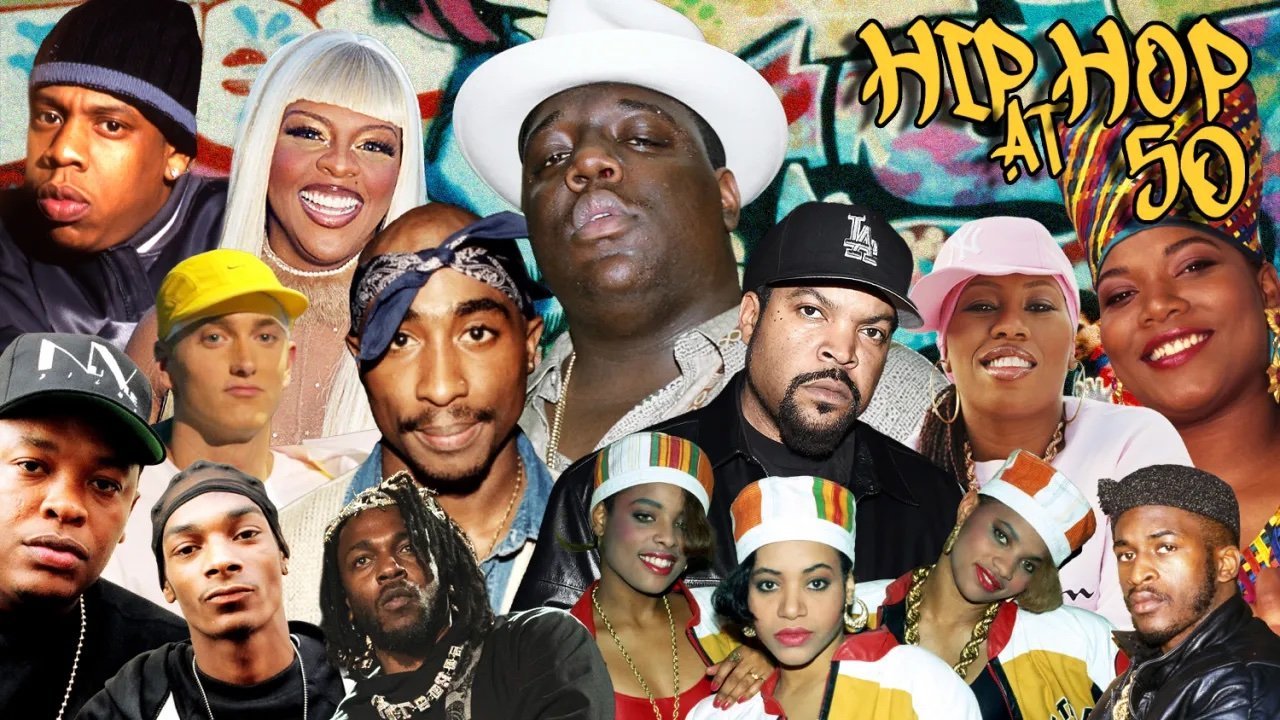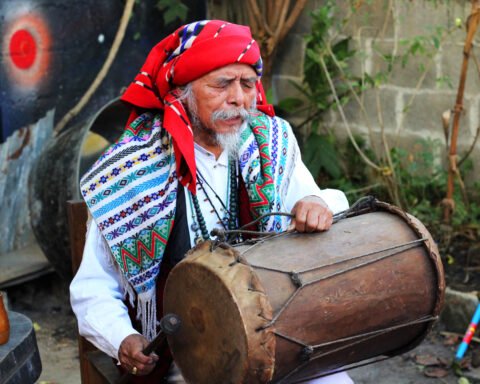Hip-hop, once considered a niche genre born from the streets of the Bronx in the 1970s, has risen to become a dominant force in American culture. Today, hip-hop is not just a music genre but a global phenomenon that influences fashion, language, art, and social movements. The journey of hip-hop’s rise in the USA is a testament to its transformative power and cultural significance.
The Origins: Bronx Beginnings
Hip-hop emerged as a voice for the marginalized in the South Bronx during the 1970s, a time when urban communities faced economic hardships and social neglect. DJs like Kool Herc, Afrika Bambaataa, and Grandmaster Flash pioneered techniques such as scratching and mixing, while MCs added lyrical elements, turning parties into platforms for storytelling and expression. Breakdancing and graffiti became integral parts of this burgeoning movement, embodying the energy and creativity of hip-hop culture.
The Golden Age: 1980s and 1990s
The 1980s and 1990s are often referred to as the golden age of hip-hop, characterized by innovation, diversity, and social commentary. Artists like Run-D.M.C., Public Enemy, N.W.A, and A Tribe Called Quest brought different styles and narratives to the forefront. While some used their music to address systemic racism, police brutality, and inner-city struggles, others celebrated black excellence and cultural pride.
This era also saw the commercialization of hip-hop. Albums by artists like Tupac Shakur, The Notorious B.I.G., and Jay-Z achieved massive commercial success, solidifying hip-hop’s place in mainstream music. The genre began to evolve, incorporating elements of jazz, soul, and R&B, making it more accessible to a broader audience.
Hip-Hop as a Cultural Force
By the early 2000s, hip-hop had transcended its roots, influencing every facet of American culture. Its impact on fashion became evident with brands like FUBU, Sean John, and Rocawear gaining prominence. Hip-hop artists were not just musicians but trendsetters, shaping everything from slang to streetwear.
Television shows like Yo! MTV Raps and films like 8 Mile brought hip-hop to new audiences, while collaborations between hip-hop artists and pop stars blurred genre lines. The internet and platforms like YouTube further democratized the industry, allowing independent artists to reach millions without traditional gatekeepers.
The Modern Era: Diversity and Innovation
Hip-hop in the 21st century is more diverse and experimental than ever. Subgenres like trap, drill, and lo-fi hip-hop cater to varied tastes, while artists like Kendrick Lamar, J. Cole, and Cardi B continue to push creative and lyrical boundaries. The genre has also embraced global influences, with collaborations across cultures, such as Afrobeat and reggaeton, creating a dynamic fusion of sounds.
Streaming platforms like Spotify and Apple Music have played a significant role in hip-hop’s dominance, giving emerging artists a platform to showcase their talent. Social media platforms like TikTok have also become instrumental in launching viral hip-hop tracks, amplifying the genre’s reach.
Hip-Hop as a Social Movement
Throughout its history, hip-hop has remained a powerful tool for activism and social change. From Public Enemy’s Fight the Power to Kendrick Lamar’s Alright, hip-hop has been a voice for marginalized communities, addressing issues like racism, inequality, and police brutality. Movements like Black Lives Matter have found anthems and allies in hip-hop, proving its enduring relevance in shaping public discourse.
Challenges and Criticisms
Despite its successes, hip-hop has faced criticism for perpetuating stereotypes, glorifying violence, and objectifying women. These criticisms, however, have sparked conversations within the industry, with many artists using their platforms to challenge these narratives and promote positive change.
Conclusion
The rise of hip-hop in the USA is more than just a musical evolution—it is a cultural revolution that continues to shape and reflect society. From its roots in the Bronx to its status as a global powerhouse, hip-hop has redefined what it means to be influential. By giving a voice to the voiceless and challenging the status quo, hip-hop remains a testament to the power of creativity, resilience, and the human spirit.


